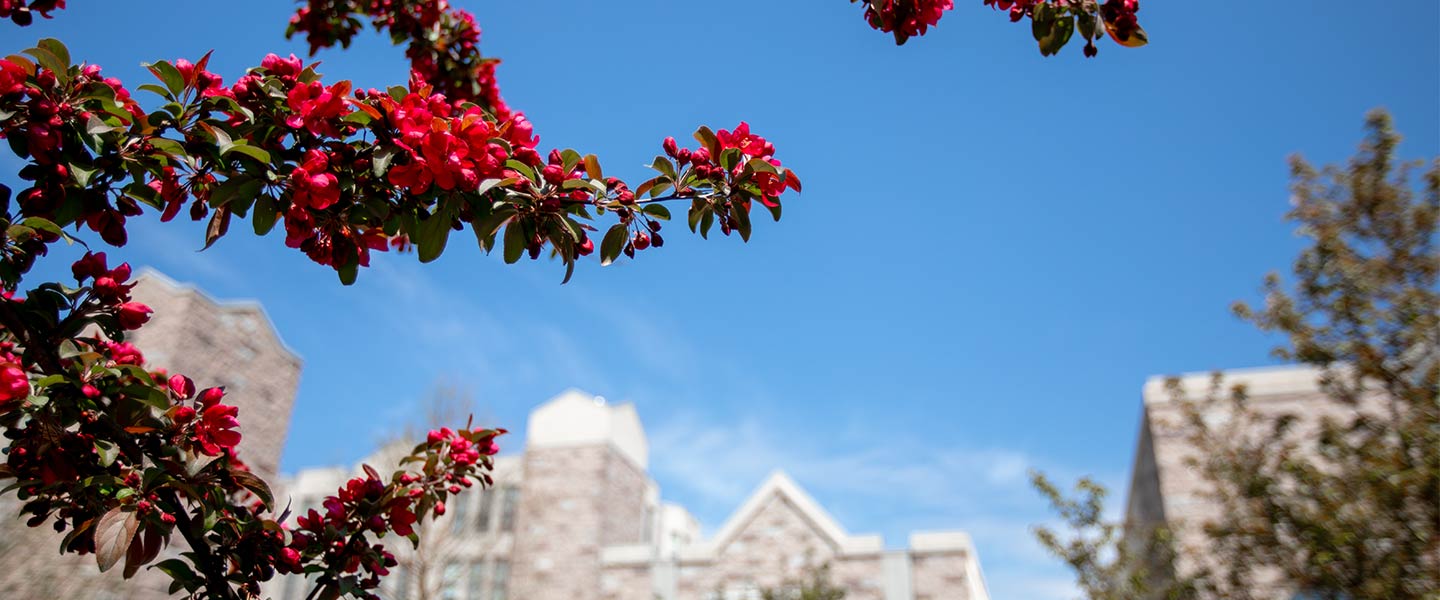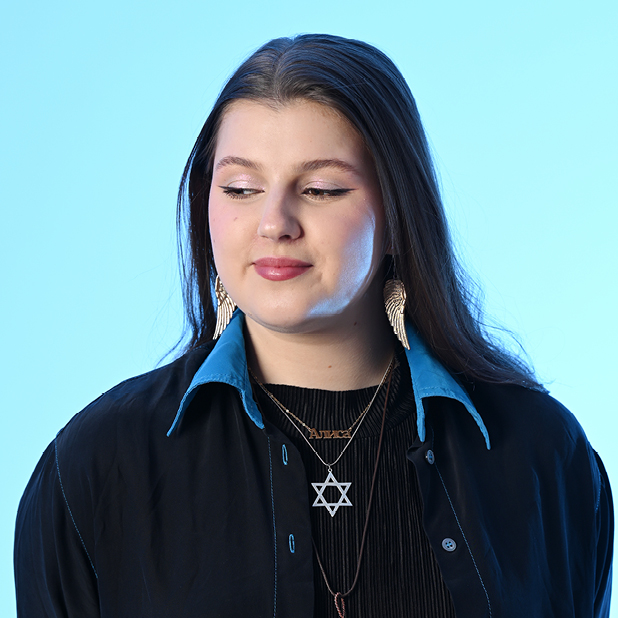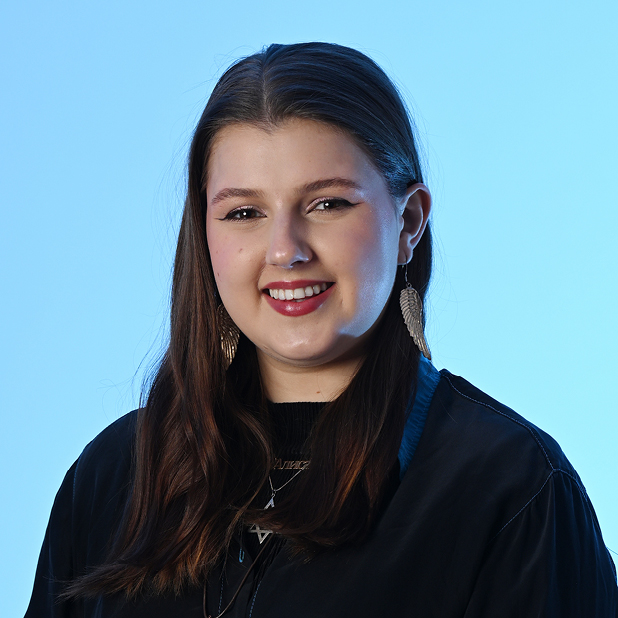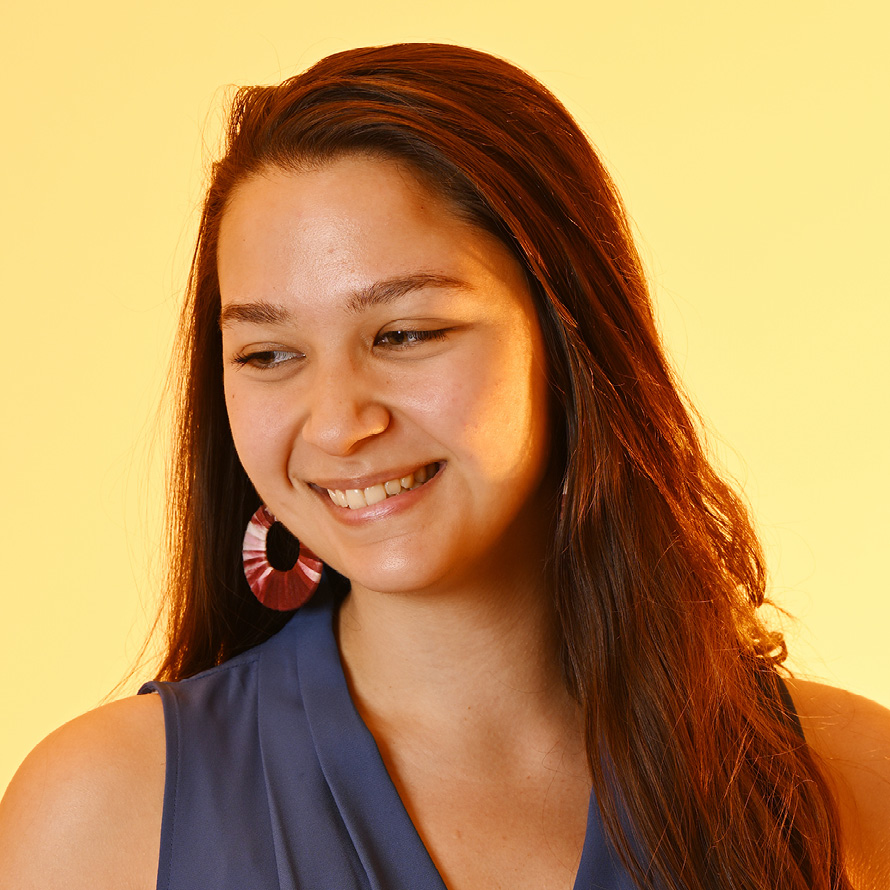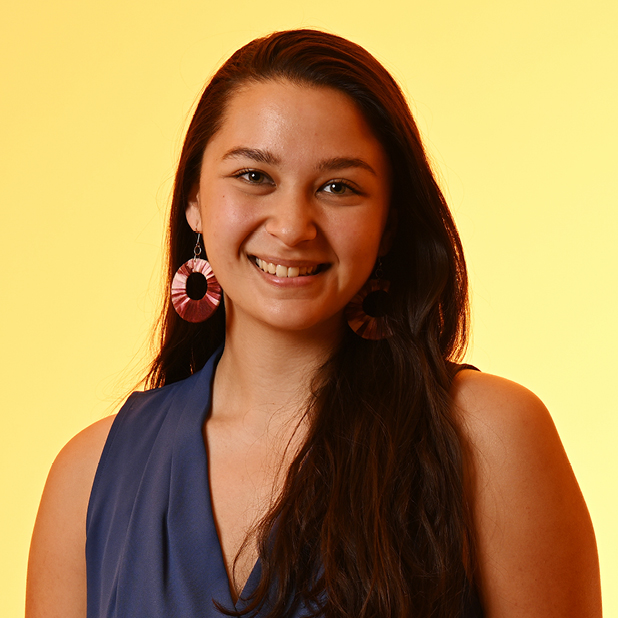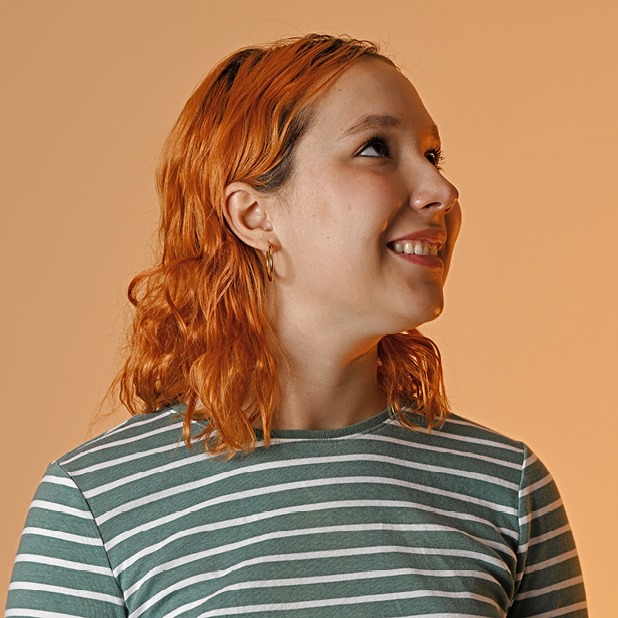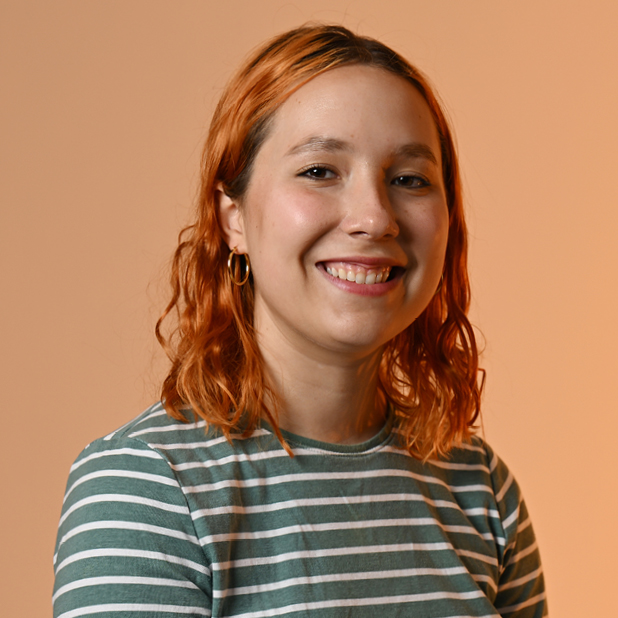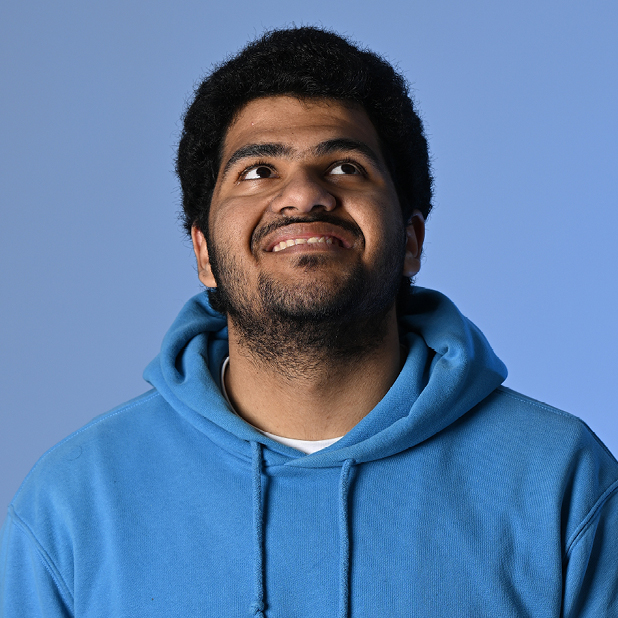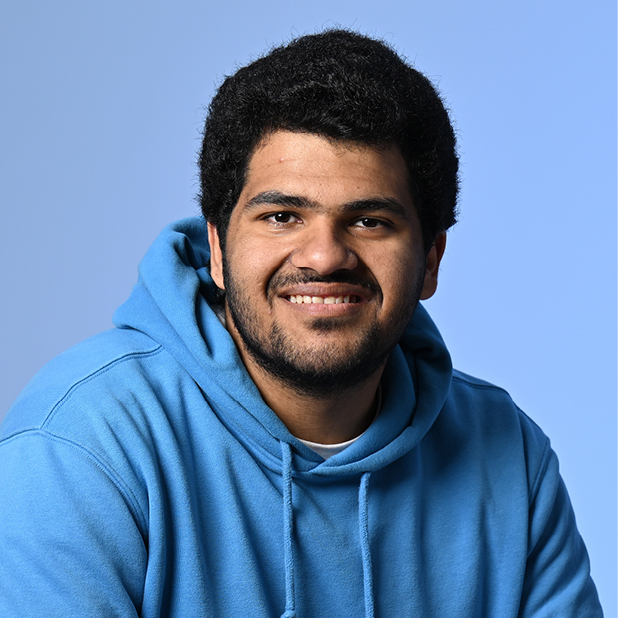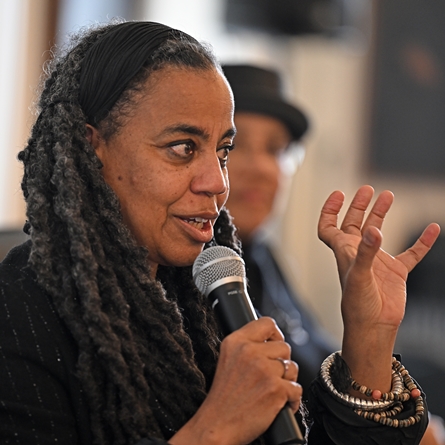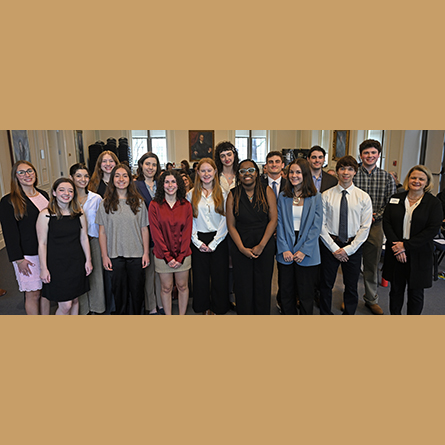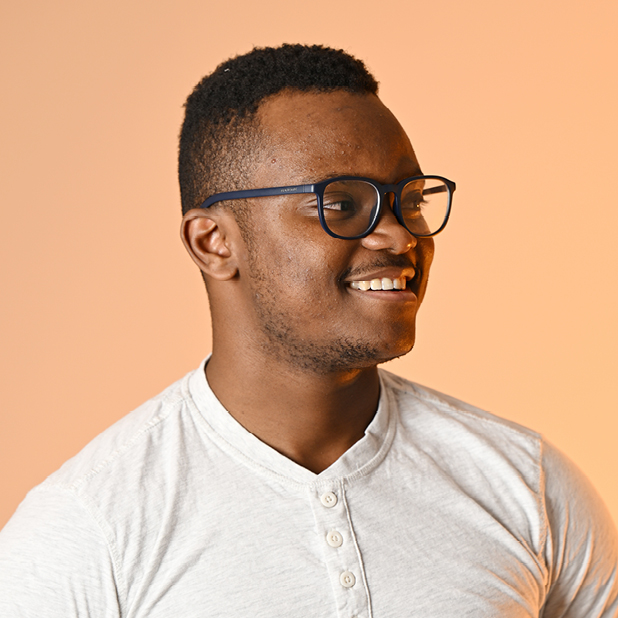
Admirabilis Kalolella
Dar Es Salaam, Tanzania
Biochemistry, Cellular and Molecular Biology major
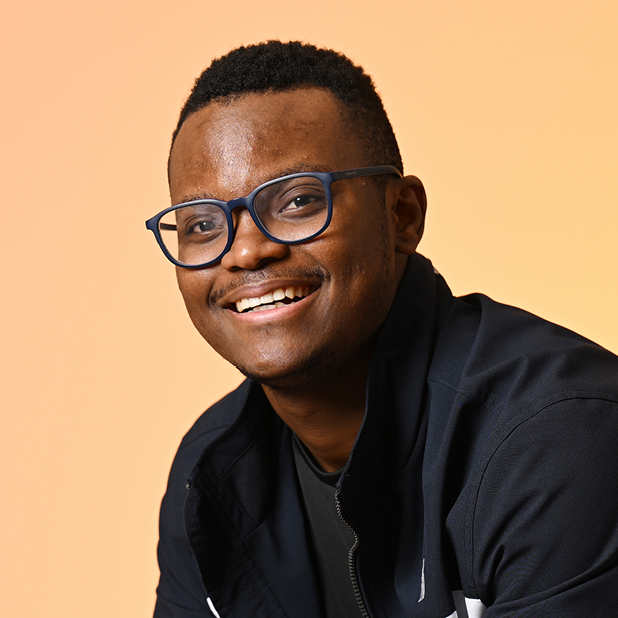
Center/Pathway affiliation: Toor Cummings Center for International Studies and the Liberal Arts
In the lab: My favorite academic experience has been working in Professor Timo Ovaska’s organic synthesis lab, where we worked on synthesizing Frondosin D, a natural product initially isolated from the marine sponge in Micronesia, Dysidea frondos, that is of interest for its potential anti-tumor and anti-HIV properties. As a junior, I traveled to Cape Town, South Africa, to conduct research at the Holistic Drug Discovery and Development Centre. There, I worked on repurposing and repositioning a compound known as AZD0156 from an anti-cancer to anti-malarial drug therapy. In addition to increasing my scientific knowledge, I was inspired by the tireless efforts of African scientists to change the narrative of a helpless Africa to one of innovation and scientific discoveries.
Rising Black scientist: I was honored by Cell Press, Cell Signaling Technology and the Elsevier Foundation with a 2023 Rising Black Scientist Award. As part of the award, my essay, “My Christmas Holidays,” was published in the February 2023 issue of Cell, a leading life sciences journal, and I received a $10,000 research grant and $500 travel grant. In the essay, I wrote about how, as a child, I would travel with my family from Dar es Salaam to spend the Christmas holidays with my grandmother in my family’s rural home village of Mngeta, Tanzania. Every year, my father, a physician, set up a mini-clinic and absorbed me in his work. People would come in from afar; some had never seen a doctor in their lives. I took blood pressure and temperature readings and rode my bicycle to deliver medicines. This Christmas tradition brought a powerful revelation; it revealed how important giving back is. It formed the basis of who I am, wanting to use science to reach many.
Drugs for neglected diseases: For my senior integrative project, I looked at drug discovery for tropical and neglected tropical diseases. This topic is personal for me because some of the diseases that impact my community are preventable, yet still kill many. I want to be a physician-scientist and heal people while simultaneously understanding the underlying mechanisms of diseases to design better drugs. I want to make medicines that will benefit many people around the world.
